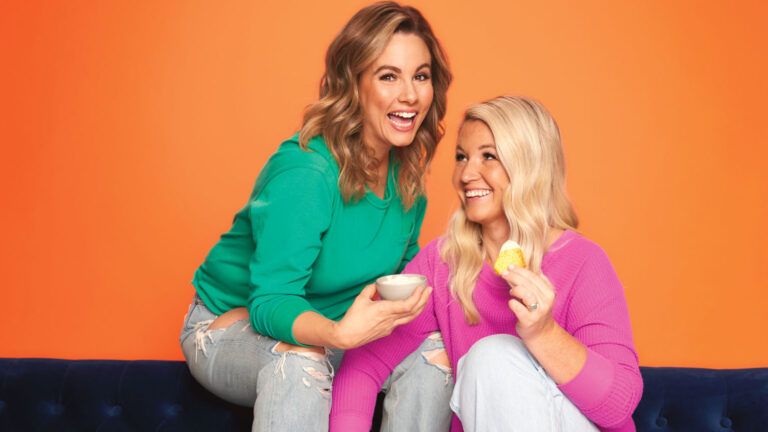In this space, I write every week about authentic positivity, positive thinking and the evidence-based reasons why having a positive orientation is a powerful tool toward living your best life.
But today I’m here to share that in order to love yourself, your body specifically, you don’t need to be positive, you just need to think “normally.”
“Body-normativity” is replacing “body-positivity” in the public conversation about accepting and embracing yourself with love, compassion and strength.
The term was popularized when the singer Lizzo, who describes herself as “the first big Black woman” to be on the cover of Vogue earlier this year, told the magazine, “I would like to be body-normative. I want to normalize my body. And not just be like, ‘Ooh, look at this cool movement. Being fat is body positive.’ No, being fat is normal.”
Psychologist Sarah Nutter recently told the CBC/Radio-Canada that larger-bodied people experience pressures and judgments from society, and from their own thinking, which leads to challenges with depression and anxiety as well as to lesser medical care. “Experiencing fat phobia or weight bias continually in our day-to-day lives, absolutely has an impact on our health,” she said.
Body image activist Terri Hofford told the CBC she encourages everyone to accept their body as it is. Even if they don’t love their shape, everyone can benefit from letting go of size as a defining characteristic.
Seeing different types of bodies in media representations of normal life, from ads to social media feeds to articles about hiking, is a key to this process, she said. “If we can see more representation of bodies that are different than the norm, we’re going to realize that maybe our body fits into that garden of beauty as well.”
Lizzo emphasizes that body normativity can make people “uncomfortable,” and that’s a good thing, as it advances the conversation about how we can be more inclusive as a society.
It strikes me that the holiday season, when many of us routinely quip about over-indulgences or plan for significant New Year’s diets, is the perfect time to learn about body-normativity.
When we do, we meet and accept ourselves where we are. We also make plans to get stronger or eat more healthfully from a place of self-love rather than a self-defeating effort to make our bodies fit in with what we might think of as “normal.”
I hope this idea might empower you this season—I’m, um, positive, it is already helping me.




